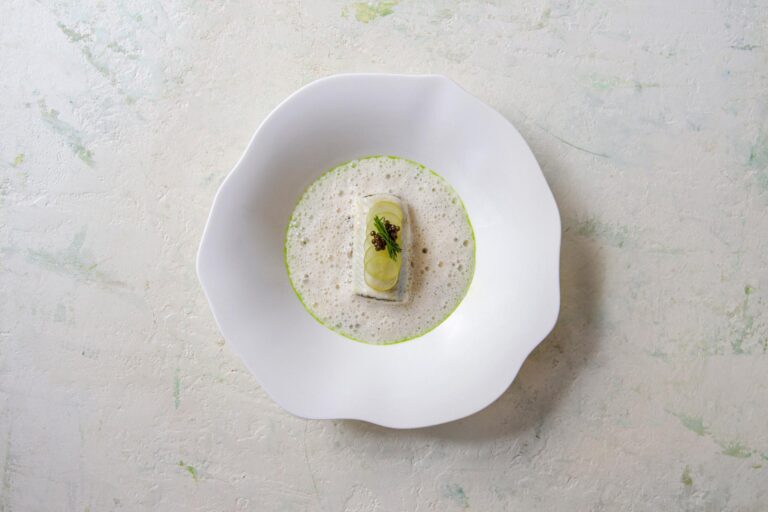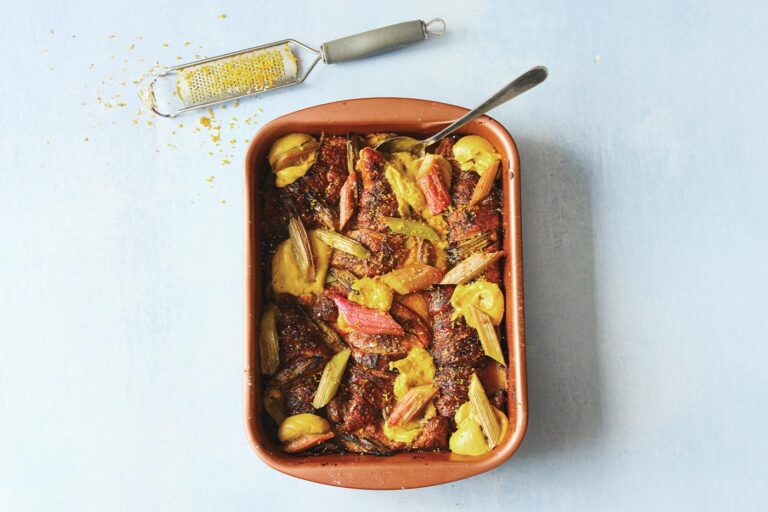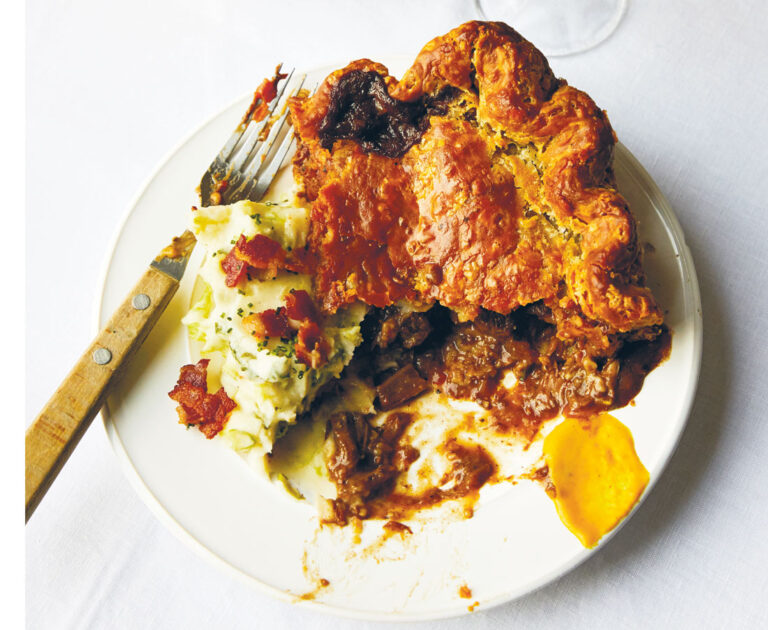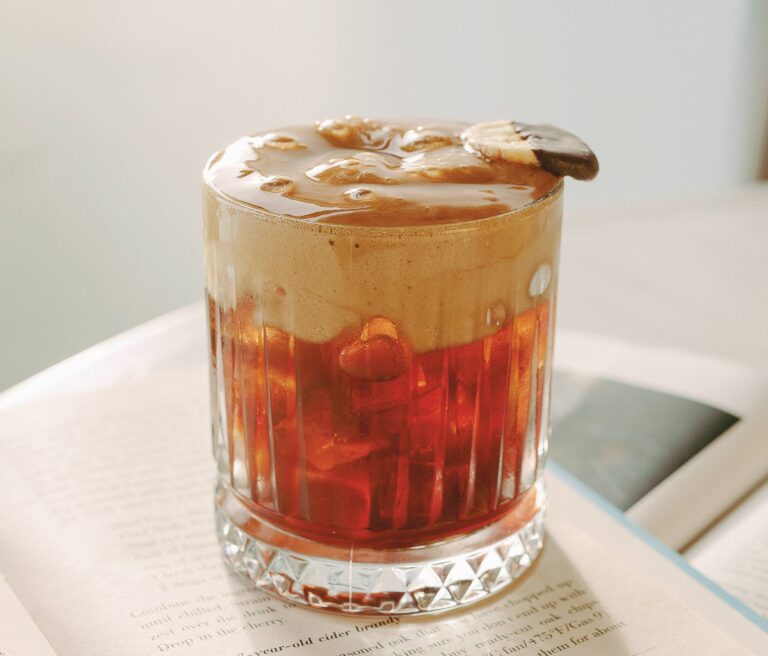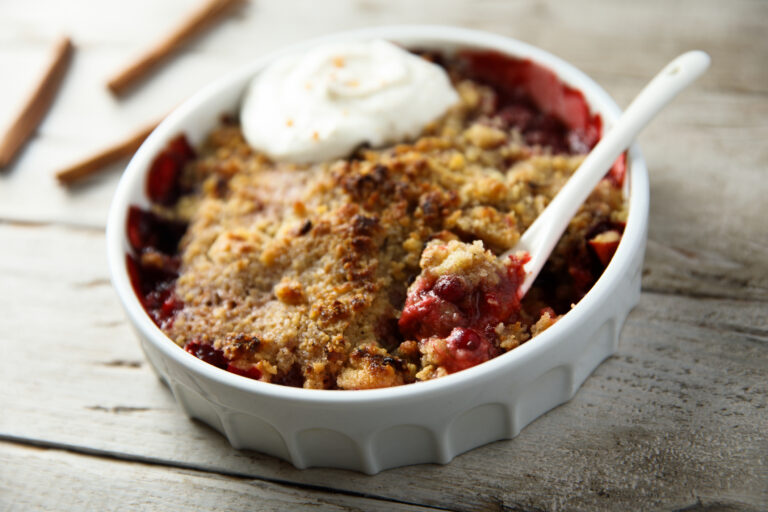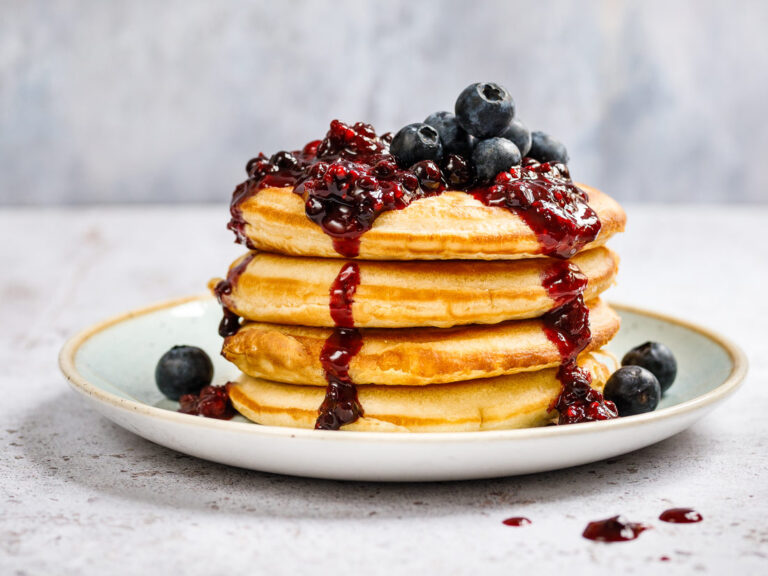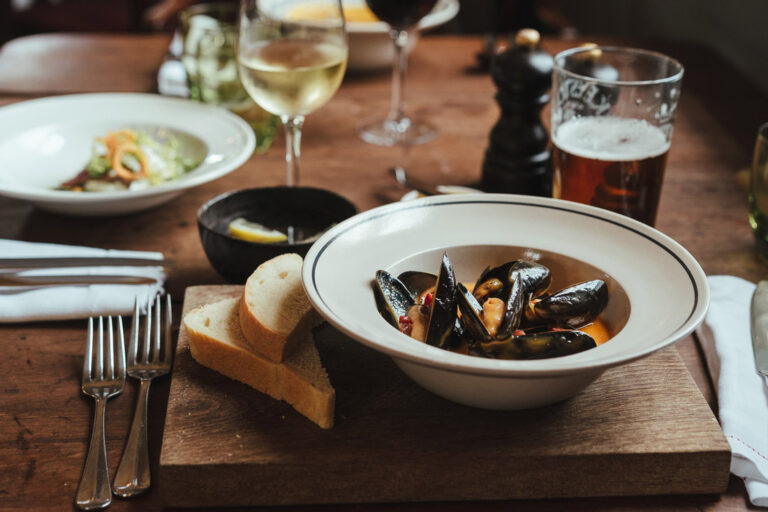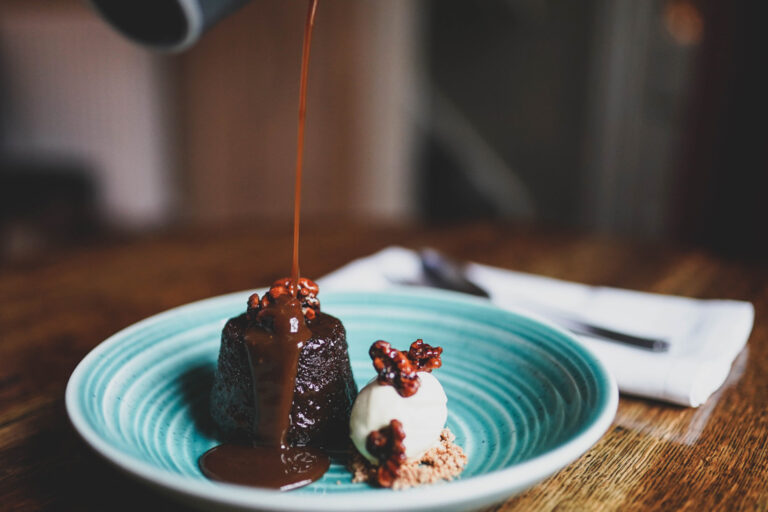Pickled baby courgettes
Preserve your summer glut with Naomi Devlin's pickled baby courgettes recipe
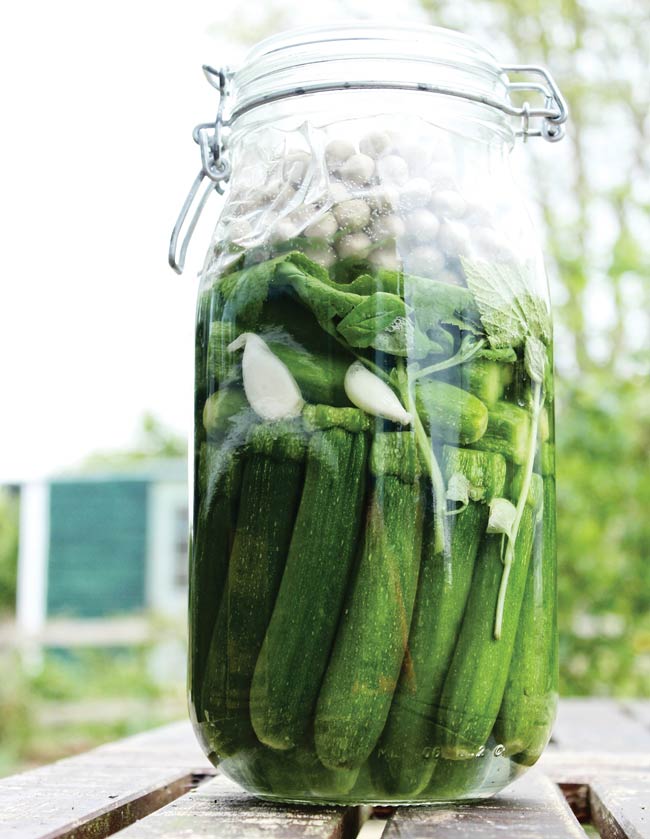
‘Pickling baby courgettes from the garden is a great way to preserve them for the autumn,’ says Naomi Devlin, author of Food for a Happy Gut
Makes 1 jar
- Sea salt 30g
- Caster sugar 10g
- Water 1l, filtered or mineral
- Baby courgettes 750g–1kg, stalk ends trimmed
- Garlic cloves 1–3, halved
- Basil sprigs 1-2 or a head of dill flowers
- Blackcurrant leaves or vine leaves rinsed (optional)
- Preserving jar 2l
- Smaller jars for storage
- Wash the preserving jar with hot, soapy water (no need to sterilise) and rinse well.
- Make the brine by stirring the salt and sugar into the water until dissolved.
- Stand the courgettes on their ends in the preserving jar and pack in as many as you can. If you need to, any remaining courgettes can lie on top.
- Tuck the garlic in around the courgettes and poke the basil or dill down the side of the jar.
- Tuck the blackcurrant or vine leaves over the courgettes if you are using them – these provide tannin that keeps pickles crisper.
- Pour the brine in to cover by at least 2.5cm. You will need a weight to keep everything down, so open a ziplock freezer bag, place it into the jar and fill it with any spare brine.
- Cover the jar with a clean tea towel and leave to ferment at cool room temperature (19–20°c ) for 5–6 days. After 3–4 days, the courgettes will start to look a little duller in colour. Taste them after 5 days to see if they are sour enough (a PH indicator strip will read between 3.2 and 4).
- When they are ready, remove the leaves, herbs and garlic and transfer the courgettes to clean, smaller jars. Top with fresh leaves if you have them, as these will help to keep the courgettes firm. Ensure the courgettes are always submerged in the brine and they’ll keep in the fridge for up to 6 months.
You will need
- Sea salt 30g
- Caster sugar 10g
- Water 1l, filtered or mineral
- Baby courgettes 750g–1kg, stalk ends trimmed
- Garlic cloves 1–3, halved
- Basil sprigs 1-2 or a head of dill flowers
- Blackcurrant leaves or vine leaves rinsed (optional)
- Preserving jar 2l
- Smaller jars for storage
Method
- Wash the preserving jar with hot, soapy water (no need to sterilise) and rinse well.
- Make the brine by stirring the salt and sugar into the water until dissolved.
- Stand the courgettes on their ends in the preserving jar and pack in as many as you can. If you need to, any remaining courgettes can lie on top.
- Tuck the garlic in around the courgettes and poke the basil or dill down the side of the jar.
- Tuck the blackcurrant or vine leaves over the courgettes if you are using them – these provide tannin that keeps pickles crisper.
- Pour the brine in to cover by at least 2.5cm. You will need a weight to keep everything down, so open a ziplock freezer bag, place it into the jar and fill it with any spare brine.
- Cover the jar with a clean tea towel and leave to ferment at cool room temperature (19–20°c ) for 5–6 days. After 3–4 days, the courgettes will start to look a little duller in colour. Taste them after 5 days to see if they are sour enough (a PH indicator strip will read between 3.2 and 4).
- When they are ready, remove the leaves, herbs and garlic and transfer the courgettes to clean, smaller jars. Top with fresh leaves if you have them, as these will help to keep the courgettes firm. Ensure the courgettes are always submerged in the brine and they’ll keep in the fridge for up to 6 months.
You might also like
Most read

